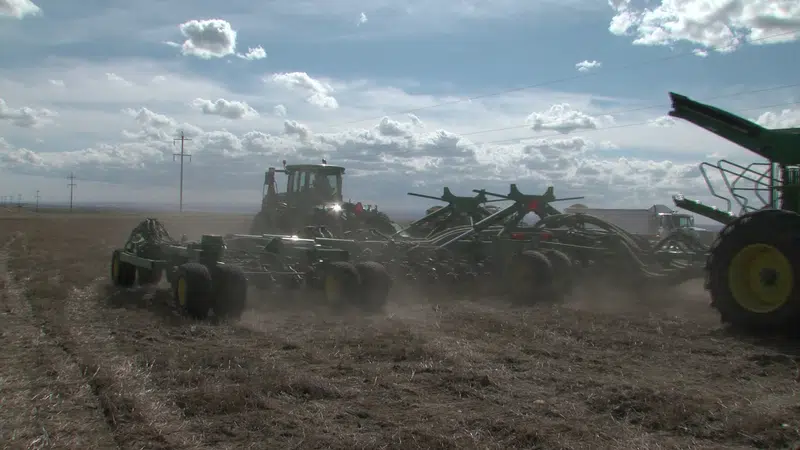
Federal money for farmers, food producers, processors
MEDICINE HAT, AB – Area farmers and food production and processing employers are getting some relief from potential labour shortages exacerbated by the COVID-19 pandemic.
The federal government announced today $50 million to help put in place the necessary measures so that temporary foreign workers can follow the mandatory 14-day isolation period required of anyone arriving from abroad.
Support of $1,500 for each temporary foreign worker, to employers or those working with them to ensure requirements are fully met. The funding is conditional on employers not being found in violation of the mandatory 14-day isolation protocols or any other public health order. This program will be available as long as the Quarantine Act is in force and the isolation protocol is followed.
“Today’s announcement will help to protect the health of Canadians, while ensuring a steady labour supply to support our economy and ensure our food security during these extraordinary times. There will always be jobs for Canadians who want to work and support these sectors.” The Honourable Carla Qualtrough, Minister of Minister of Employment, Workforce Development and Disability Inclusion
